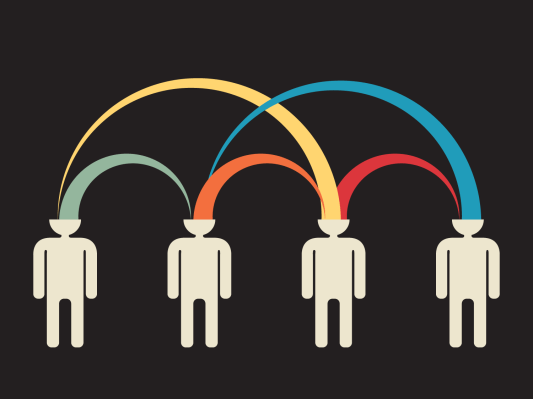Editor’s note: Mike Montgomery is the executive director of CALinnovates.
What happens when 80-year-old laws meet 21st-century millennial? We’re about to find out. In California, the state Department of Motor Vehicles threatened the future of ride sharing by dusting off a 1930s law that requires Lyft, Sidecar and Uber drivers to get commercial license plates if they are picking up passengers. This despite rulings by the California Public Utilities Commission and a new law signed last year reaffirming that personal vehicles can be used by ride-sharing drivers.
While the agency backtracked, it was a bad moment for the DMV, let alone state regulators, because they risked alienating an entire generation that has come to rely on the sharing economy.
And it’s not just in California. If you live in Vancouver, Wash., you can UberX your way across the bridge to Portland, Ore. But riders have to find another way to get home. After Uber launched the service in Portland at the beginning of December, the city quickly filed a lawsuit insisting Uber cease and desist operating a business the local government considers illegal. At least until April, people who want to use Uber from Portland will be out of luck. Portland is known as one of the most progressive cities in America, yet this lawsuit is misguided.
Millions of millennials have embraced the sharing economy. According to a survey by Zogby Analytics commissioned on behalf of CALinnovates, more than half of millennials, age 18-34, have used sharing services like Uber, Sidecar, Lyft and Airbnb. Fifty-four percent of millennials say they expect ride and home sharing services to become even more popular in the coming years.
And millennials are using ride services to make the streets safer by using on-demand services to get them home safely after a night out. In the survey of 1,008 Americans, 12.7 percent of respondents said they use ride-share companies when they go out for a night on the town and 13 percent said they use them for big events like concerts and sports games where plenty of people enjoy a few alcoholic beverages.
That shows that this generation feels safe and confident using shared economy companies even though they currently operate under fewer rules than legacy businesses like taxis and hotels. That should tip off local governments that they don’t need to use a heavy hand when it comes to regulating the shared economy. In the survey, 41.5 percent of respondents said governments should keep an eye on shared economy companies but only step in if they pose a danger to consumers, and 24.6 percent said government should stay out of regulating the industry altogether.
Consumer protection and safety are the top priority for these companies. The majority of millennials clearly feel the same way. Cities need to work with sharing-economy companies to come up with better ways to blend the new economy with the old.
While California has made great strides in working with these companies to forge a path for these new businesses, we keep backsliding. Last year the CPUC voted to require additional consumer-friendly rules requiring ride-share companies to carry more liability insurance and expand the scope of their driver background checks, further solidifying ride sharing as a safe and legally accepted sector.
But then, when the car companies began offering a carpooling option, the commission brought down the hammer once again, sending threatening letters saying the carpooling option violated a 1960s-era regulation against charging individual riders separate fares.
We can do better. Sharing isn’t a new concept, but applying antiquated laws to services that consumers want and need risks stifling an industry that the next generation is already relying on.
